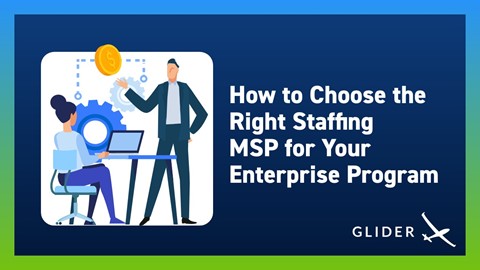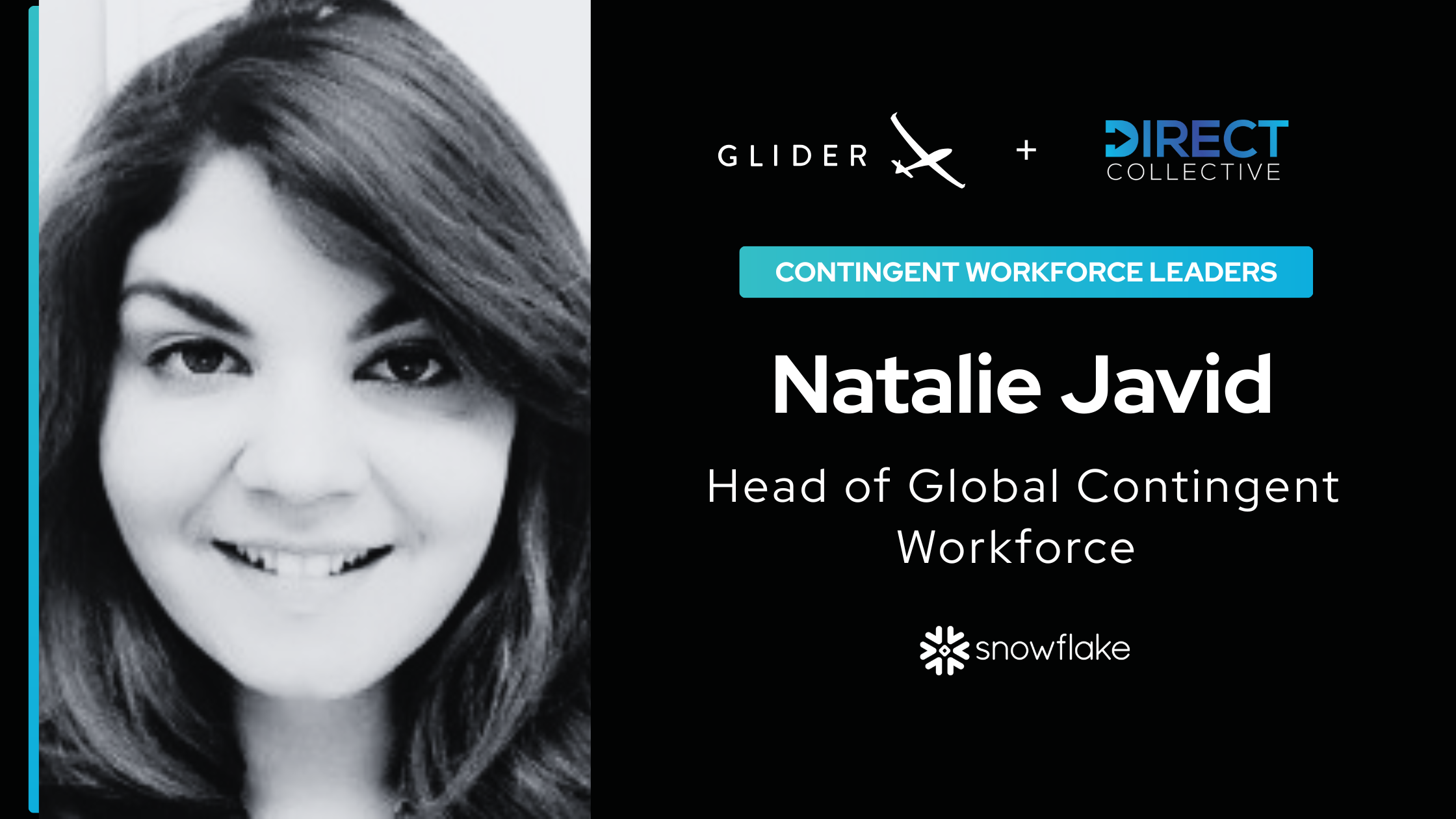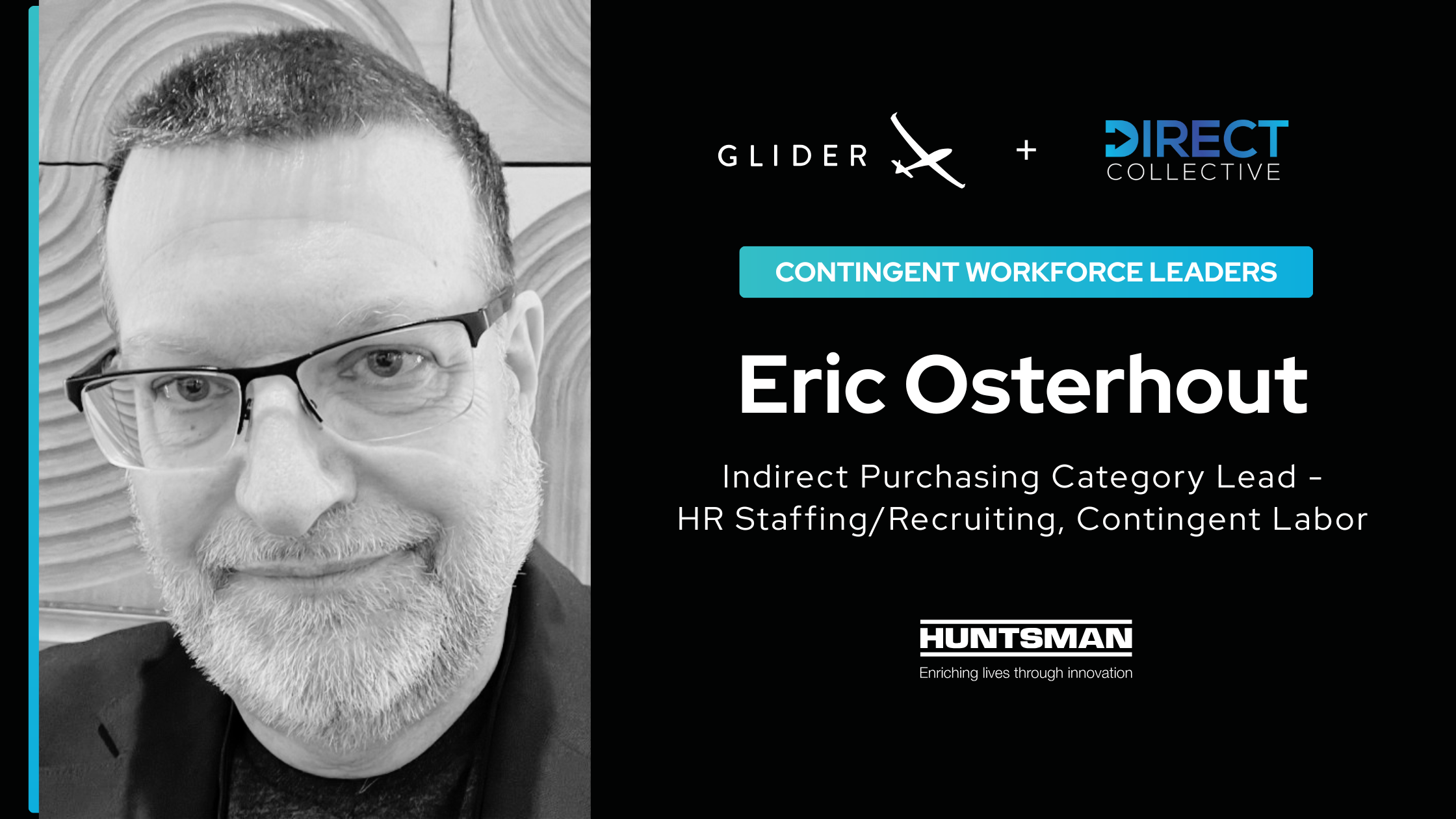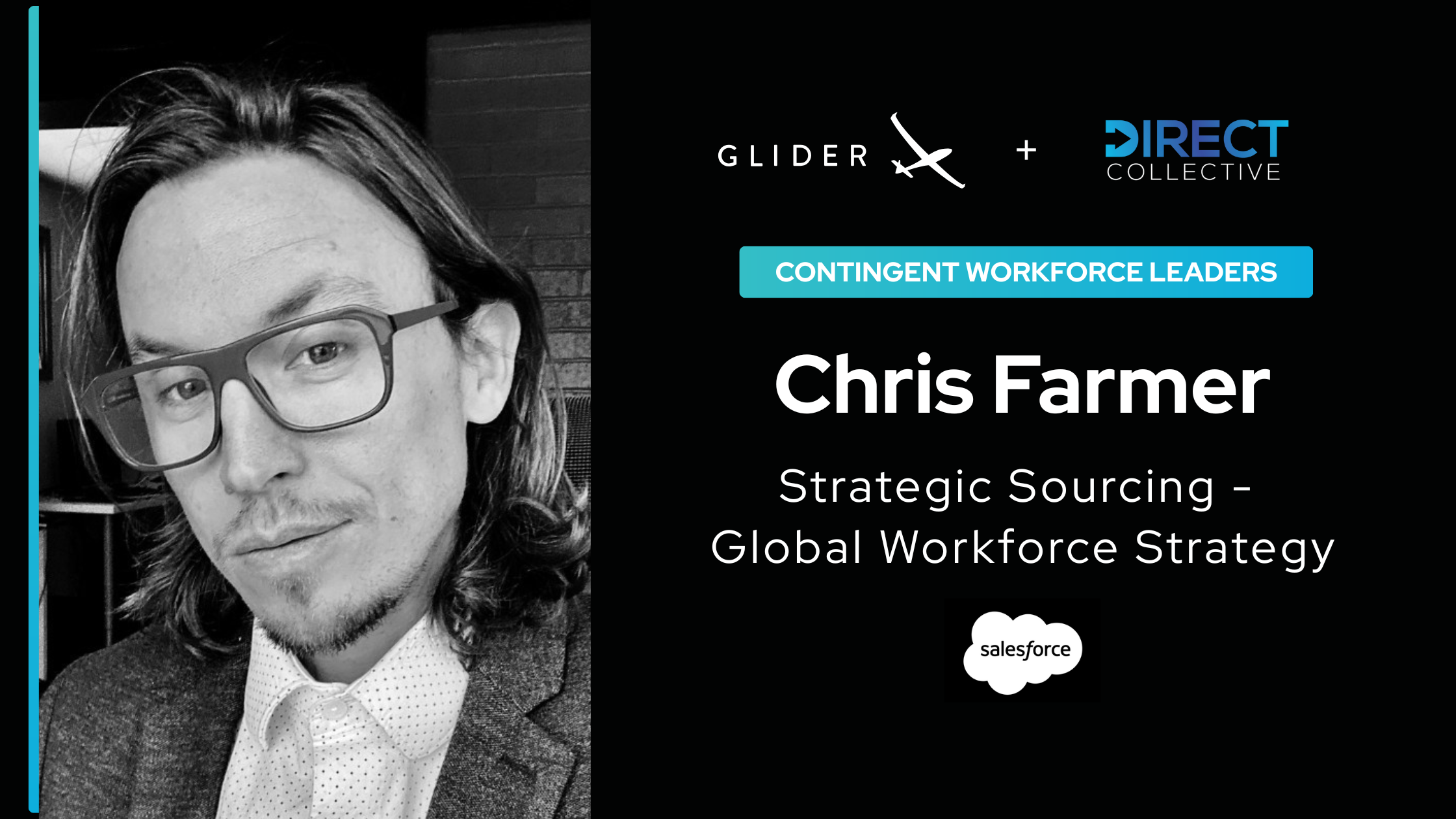
Make talent quality your leading analytic with skills-based hiring solution.

The diverseness of the global economy calls enterprises to delve deeper into their core competencies and businesses for the sake of competition and sustainability. This tectonic shift has made staffing companies leverage their functions to external experts or specialized service providers. One such leverage that has gained profound popularity in recent years is MSP.
Simply said, Staffing MSPs or Management Service Providers are third-party companies who manage their client’s day-to-day operations with exemplary knowledge and experience. They come with distinct industry experts who support their client’s non-core business processes. This helps the client to focus on their crucial fundamentals and execute better results. To summarise, MSPs are competent external service providers who offer cost-effective management solutions for their clients.
One of the most sought-after MSPs by business enterprises is staffing MSP. They are dedicated service providers that manage procurement and recruitment processes of a diverse contingent or flexible talent to their clients. According to a report, over 40% of the modern workforce consist of non-employees. That said, staffing MSPs facilitate end-to-end management of the contract labor processes from contingent labour management to governing progress and updates.
Typically, MSPs are capable of handling a lot of operations. It is no wonder if a lot of MSPs take up end-to-end management of operations like:
Besides, staffing MSPs offer customized support and services for each client. The modus operandi is designed following the client’s corporate culture, hiring philosophy, and practices for hiring a talented workforce. According to SIA the adoption of MSPs saw a whopping growth of more than 60% in 2019! This is huge in comparison to just 40%, a decade earlier. What is more surprising is that 68% of these MSPs were first-generation. A tremendous leap indeed!
Many client enterprises who hired staffing MSPs are in liaison with the seamless benefits they usher in. Few worthy mentions are:
It takes two to tango. The same applies to choosing the right staffing partner. An age-old analogy in The Wall Street Journal says best practices are what MSPs and clients prominently see before engaging with each other. Nevertheless, a strategic partnership between the two goes beyond the best practices. As a preliminary step, a client will juxtapose in-house agencies with external service based on some important parameters. Let’s a look at those:
A proven track record of performance serves as proof of value, besides bringing forth MSPs expertise on niche industry segment. Performance insights on business models and service operations indicate the quality and credibility of staffing service providers. Clients can vis-à-vis compare MSPs against one another, rank their competencies, and highlight their USPs. An understanding of how MSPs function, their core competencies, and best implementations lead the client to form a perspective about the former.
On the other hand, clientele remarks and testimonials online give an overview of promises made and delivered and how MSPs cost-effectively simplified their work process. In term of staffing, MSPs can be judged based on their successful hiring conversion rates, quality of workforce hired, supplying talent at the right time and use of advanced hiring tools.
Staffing MSPs pave way for cloud adoption as a part of the service delivery environment. In a long-term contract, a resilient cloud solution not only brings down the costs but also builds an efficient architecture for application delivery. A host of other benefits include reduced dependency on bulky servers, security, and confidentiality of data and intellectual property, automation of critical applications, not to forget a hybrid combination of multiple services portfolios. Experts opine that cloud services support better alignment of isolated business strategies through a makes a perfect match of right model and right service in an agile environment.
MSPs and scalability go hand in hand. But the latter is rarely understood as it means a plethora of things to different organizations. Scalability refers to the ability to adapt to change and thus grow in the most efficient way possible. On the other hand, scalability also relates to hiring on the go, i.e., as needed. For example, many enterprises use seasonal staff for temporary contracts. These ad hoc staffs are vital for work completion and project completion. But sourcing them is a Herculean task given the need for the right skills and experience in a multi-disciplinary team… all at a right time. In this case, enterprises look for those MSPs that can understand the needs of the former and supply the right talent. A case study of Airbus sheds light on hiring seasonal staff was made easier through a partnership with Airworks, a leading MSP consultant in Europe.
As enterprises invest in the latest technologies like never, it has also made cyberthreat impinge on them. It is predicted that there is a ransomware attack every 14 seconds in the world and a business falls in the prey.
Consequently, nullifying these trojan horses has made businesses to be on the toes constantly. Like a true face-saver, Partnering with MSPs can play a key role in the setup of a compliant IT environment. They can handle challenges on data leak, ransomware attacks and thus relieve their client enterprises from the burden of security and non-compliance risks.
How do MSPs do it?
Well, the teams study and assess the risks and develop a framework around it.
Combined with stringent policies and regulations and of course 24/7 monitoring, businesses are dramatically insulated against data leaks, security gaps, malicious breaches, and other attacks.
On the other hand, employees and other staff are also reinforced on legal compliances, data protection laws, and regulations.
Hiring through MSPs paves access to a diverse workforce that is not easily available for in-house recruitment teams. MSPs work in close liaison with talent or they are a part of the hiring ecosystem itself. Not only that, but they also keep a close watch on new work trends and requirements and hence constantly update themselves with the newest staffing database.
Client enterprises and MSPs function as partners in hiring. Based on mutually agreed hiring strategies, MSPs are solicited to source and recruit contingent workforce based on need and demands. And hiring just does not always happen as an SOP or Standard Operating Procedure, but MSPs offer customized hiring solutions to specific industry segments. Conversely, MSPs optimize requisition processes too wherever required like communications, recruitment structure, contract terms, and tenure policies.
We just discussed how there can be no fixed formula for hiring heterogenous talent. Similarly, client enterprises prefer a la carte against table d’hote. Hence, MSPs use a lot of hiring tools to attract and recruit quality candidates which range from hiring needs to performance evaluation and review like:
Corporations have realized securing data and security are as important as investing in them. Like a butterfly effect, a small disruption in security can cost huge. As a part of security strategy, MSPs can combat risks through:
Cost savings is a significant benefit of MSP. That is right, outsourcing to MSP can slash costs from the first year itself. How do they do it? It’s the simple math of measuring current labor rates vs pre-determined maximum rate. While the former is variable every year, the latter is fixed as a part of the contract. When clients engage MSPs for hiring, they can immediately measure the reduction in operating expenses in hiring. Since all recruitment processes are handled by MSPs expertise, there will be:
Different industries call for a different set of skills and expertise and face different challenges too. It will only be an exaggeration if an MSP says a standard model fits every client. For example, a hospitality-based enterprise requires IT solutions that are skewed towards handling and managing guest data, security, and ensuring a smooth stay in their hotels or resorts. On the other hand, companies that are based on manufacturing need an altogether different IT model that handles communications with multiple locations, tracking transportation, warehousing, production, security, etc.
Irrespective of their selection, candidates deserve to be treated well. It is also how positive word of mouth spreads among their friends and circles. MSPs oriented on staffing segment can incorporate AI to enhance the candidate experience. Some of the ways MSPs can incorporate to touch on all important candidate are:
Also known as ‘CX’, it speaks about perceptions of customer’s experience towards the business he/she has engaged with. It can be reflected in support interactions, website visits, testimonials, and customer portals. For MSPs, a positive customer experience comes a long way in improving their operations and work culture. It is also the ‘golden ticket’ for increasing bottom-line revenues. Apart from gaining loyalty, CX increases opportunities for cross-selling and up-selling. For example, an onion factory located on the Dutch coast in the Zeeland Province recalls how the challenges of under capacity and expensive were resolved by hiring MSP. When a team of MSP consultants visited the factory, they chalked ‘wish list’, for the ‘factory of the future.’ The architecture of the existing building was optimized as per largely flexible process flow, besides installing automated control for each machine and much more. All in all, a first of its kind ‘onion smart factory’ was set up, thanks to innovations of MSP consultants.
Not all MSPs are designed to handle everything in their client’s businesses. Besides, being cost- effective, MSPs implement and deliver best practices to their clients through expertise and innovative skills, tailor-made for each industry segment. MSPs also offer comprehensive services to their client enterprises irrespective of the industry segment are :
Staffing MSPs are best options for those organizations that aim to grow on their core competencies without worrying about non-core operations. MSPs can take over the routine, administrative parts of their clients and ensure a secure and hassle-free work environment. It is not surprising to know that Industry 4.0 will need MSP’s expertise for business transformation and architectures, security deployment, and solutions. By 2022, the IoT MSPs are expected to grow by a 15.3% annual compound growth rate. MSPs should realize the greenfield opportunity in Industry 4.0 and strive towards success.

AI-Powered Total Talent Management for Contingent Worker Success With over a decade of experience managing global contingent worker programs, Natalie Javid brings a wealth of knowledge from her work at tech giants like ServiceNow, Airbnb, and her current role as Head of Global Contingent Workforce at Snowflake. Speaking at ProcureCon 2025, Natalie shared insights on […]

Revolutionizing Future Trends with AI in Contingent Workforce Management The Human Touch in an AI-Driven Industry Eric Osterhout brings almost two decades of experience to the contingent workforce management space, currently serving as a Program Leader and Buyer for Contingent Labour at Huntsman Corp. With 17 years on the buyer side and 10 years previously […]

How AI Will Reshape Contingent Workforce Management by 2030 Meet Chris Farmer – Global Head of Contingent Workforce Strategy As the Global Head of Contingent Workforce Strategy and Strategic Sourcing at Salesforce, Chris Farmer leads one of the most complex and forward-thinking CW programs in the industry. Chris has spent over five years at Salesforce, […]